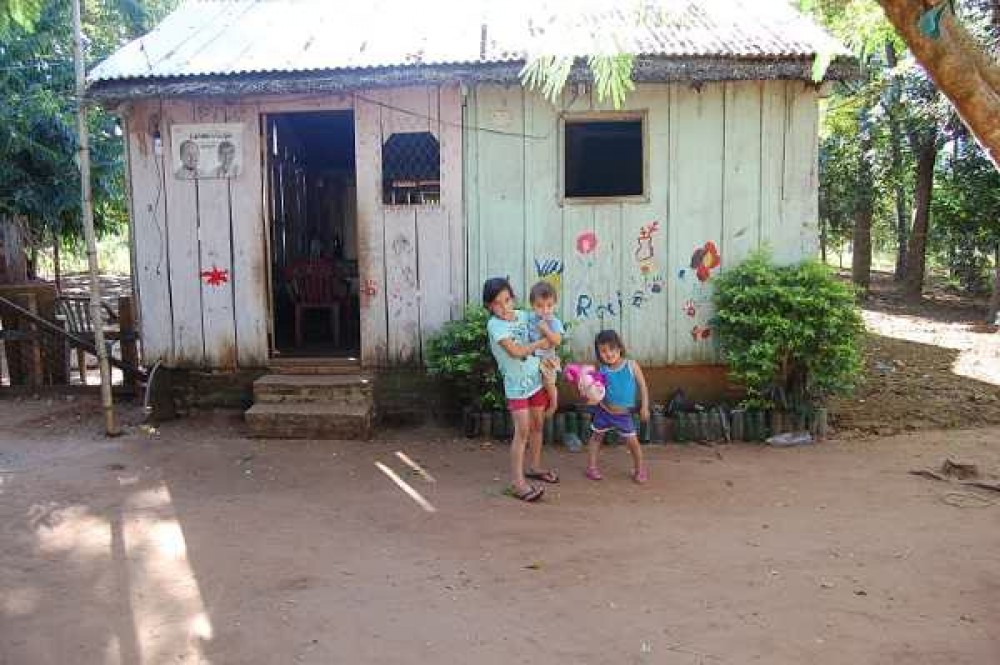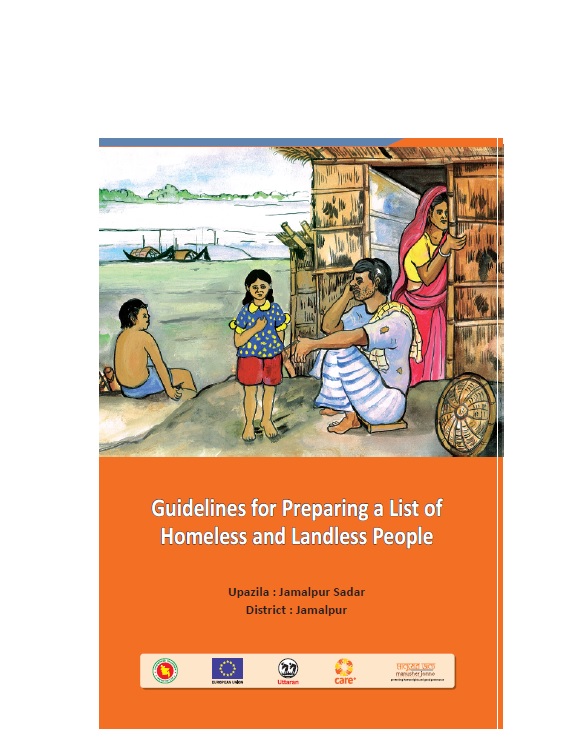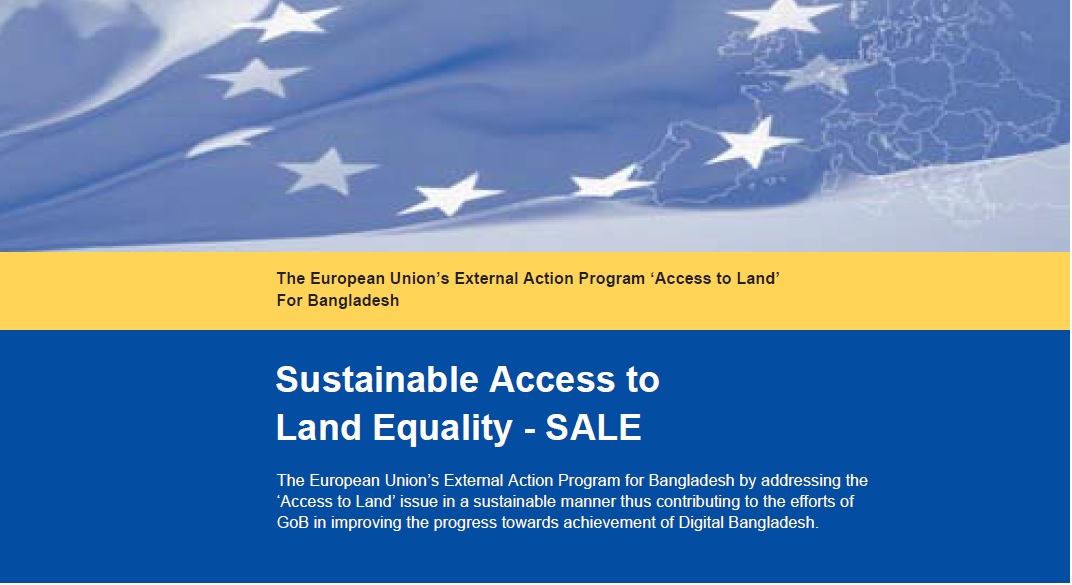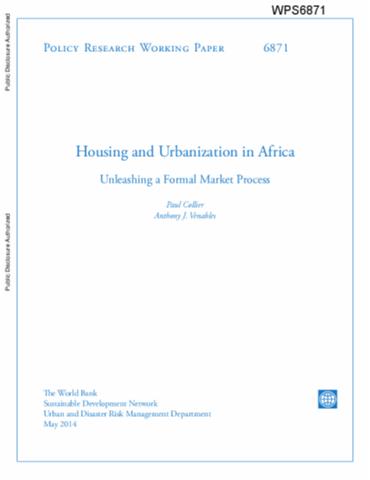Economics of South African Townships : Special Focus on Diepsloot
Countries everywhere are divided into
two distinct spatial realms: one urban, one rural. Classic
models of development predict faster growth in the urban
sector, causing rapid migration from rural areas to cities,
lifting average incomes in both places. The process
continues until the marginal productivity of labor is
equalized across the two realms. The pattern of rising
urbanization accompanying economic growth has become one of








